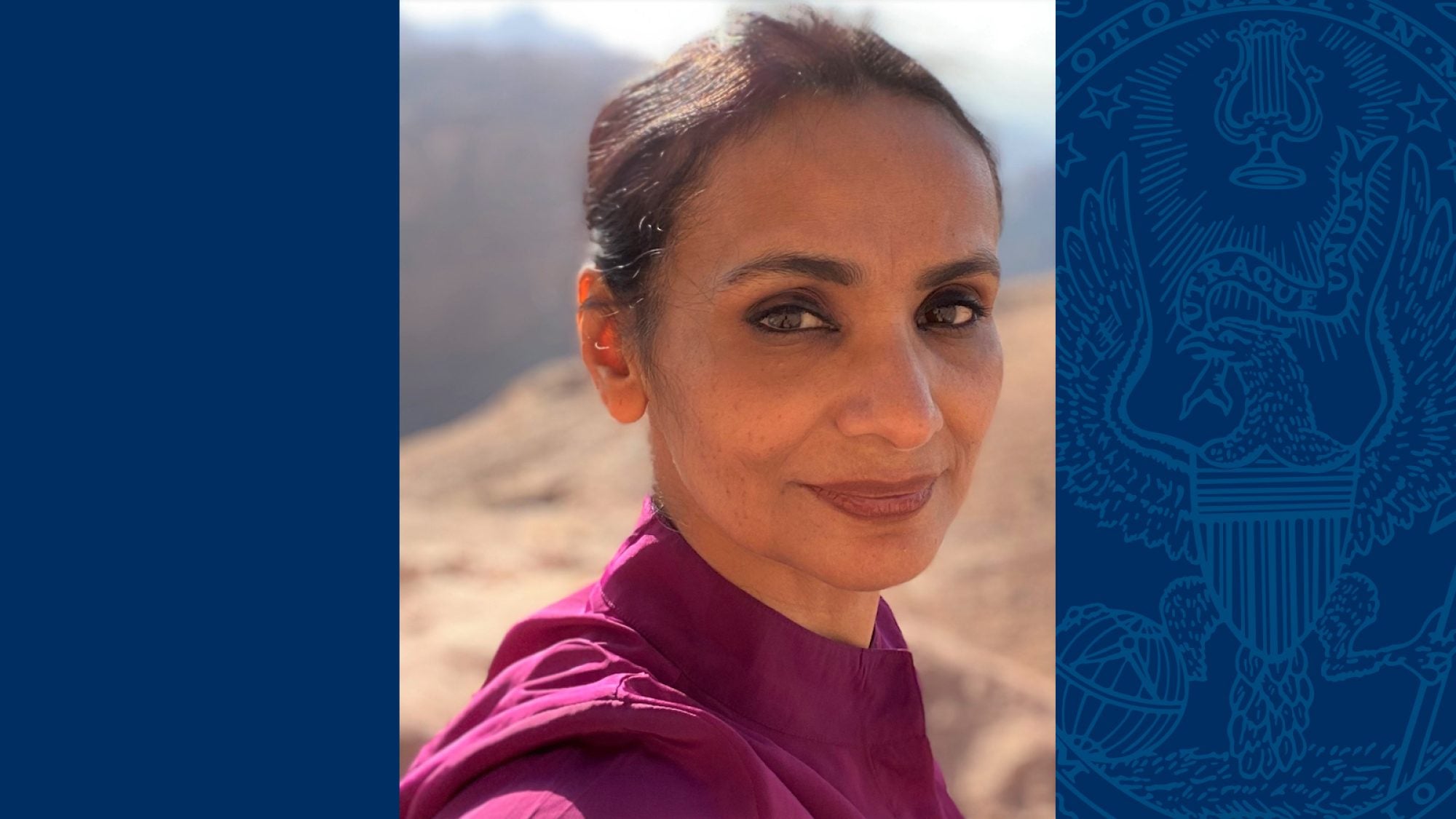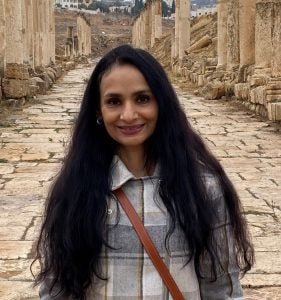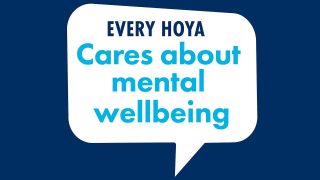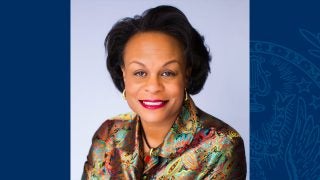Most recently, Meer has worked as the associate director for doctoral psychology internship and staff psychologist at Johns Hopkins University. Formerly, she trained psychology interns and provided therapy and crisis intervention for students at the University of Michigan for 13 years.
“I am very excited to welcome Dr. Durriya Meer to the Georgetown University community,” says Kathryn Castle, assistant vice president of student health. “Dr. Meer has spent the majority of her professional life working in university counseling centers in roles ranging from trainee to program leadership, and she is acutely aware of the changing mental health needs of university students. In addition, as a clinician and leader, Dr. Meer brings a collaborative and inclusive spirit that is such a wonderful match for Georgetown and will greatly enhance our community.”
Nontraditional Path to Psychology
Meer has a self-described nontraditional path to psychology and counseling in higher education. Raised in Bangladesh, she received her bachelor’s in psychology from Sophia College in Mumbai, India, and from New Mexico State University in Las Cruces, New Mexico. After graduating with her master’s in psychology from Illinois State University, she worked as a psychotherapist at a community mental health center in rural Illinois.
“It was a town of 4,000 people, and I used to say, ‘I’m 4,001 and the only one with black hair,’” she said.
Meer returned to Bangladesh, where psychology opportunities were almost nonexistent at the time. So she began working as a travel and ticket agent for Lufthansa Airlines, where, she says, she learned how different each client is, and then at an American Express bank. In 1994, she began teaching psychology at a new private university in Bangladesh, and while there, lobbied for and built the first counseling center in the country. The experience was formative in shaping her long-term interest in higher education counseling and psychology.
“For me, what was most important was helping that one student who didn’t have anywhere else to go,” she says.
After six years, she returned to the U.S. for her doctorate in clinical psychology and continued her career at the University of Michigan.
Global Lens and Multicultural Specializations
Meer’s multicultural upbringing has informed her clinical work and focus areas of violence against women, bi-cultural identity development, family of origin and relationship concerns. She is fluent in Hindi, Urdu, Bangla and Gujarati, and specializes in working with students of color, international students, and Muslim, Asian, and Asian American students. In the spirit of Georgetown’s Jesuit value of cura personalis, Meer says she sees every client as unique, made up of different gifts, needs, cultural backgrounds and identities.




